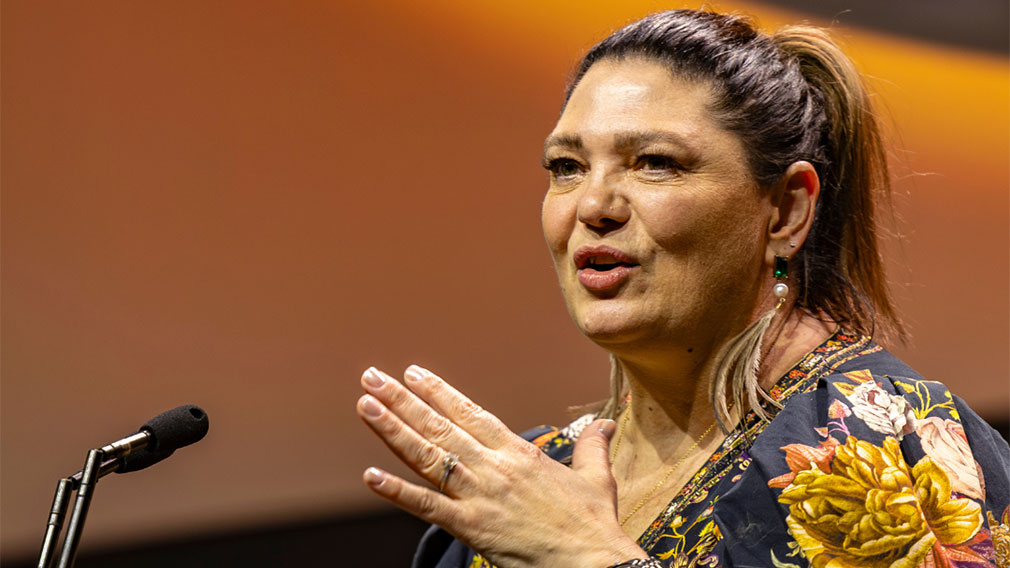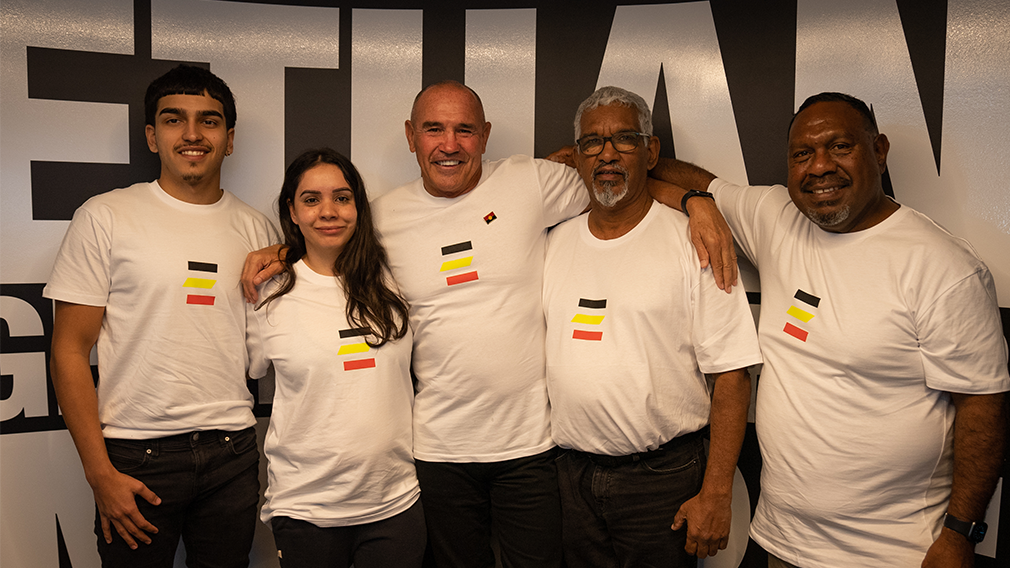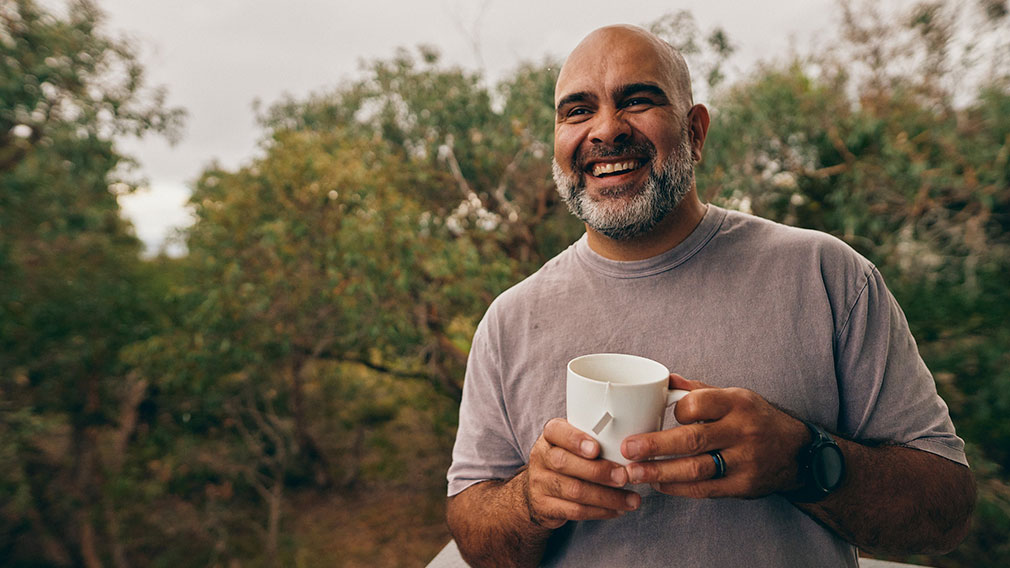Why Indigenous engagement is no longer the elephant in the room

Jenni Walke, founder of Elephant in the Room Consulting. (Supplied)
For too long, engagement with First Nations people was an elephant in the room for corporate Australia – a big issue that business leaders lacked either the knowledge or willingness to tackle.
That’s now changing, says Jenni Walke, a proud Bundjalung woman, whose consultancy delivers cultural learning programs for businesses, as well as helping them devise and implement their own Indigenous policies.
“Cultural awareness in Australia is becoming more common,” Walke tells Wire in an interview. “People accept that part of living and working in Australia is the need to understand First Nations cultures and be more respectful.”
Walke started Elephant in the Room Consulting in 2017 and, as the name suggests, her mission is to help businesses address big issues they might be struggling with.
The company, which is a Westpac business customer, has already expanded its operations beyond Australia to North America, Europe and Asia and was named Indigenous exporter of the year in Supply Nation’s 2024 Supply Diversity awards.
While EITR offers a broad range of consulting, coaching and mentoring programs, Walke’s team specialises is promoting better engagement with First Nations employees and suppliers.
A key focus of their cultural awareness workshops is identifying unconscious bias, a problem many organisations grapple with.
“You might know there are Aboriginal and/or Torres Strait Islander people in the workplace, but how does that change your behaviour? What perceptions do you bring? And what biases are you taking as a leader or as a team member every time you see that person?” Walke says.
“Most of the people attending our training don’t know the answer to these questions. They’re confused and looking for help,” she adds. They’re also scared that they might say or do the wrong thing.
“We find out what they’re scared about and explore how they can unpack that so they can feel capable and confident of working with First Nations people, but also any diverse people.”
At a corporate level, Walke welcomes Reconciliation Action Plans (RAPs) as a way to better engage with the Indigenous community, but all too often they become institutionalised box-ticking exercises.
“It’s like the old adage: what gets measured gets done. When you put a target or a KPI on something that becomes the focus rather than real outcomes and impact.”
Greater cultural awareness and First Nations engagement needs to be embedded across the organisation, she says.
“We need to be in a position where everybody is responsible for having an inclusive workforce and for identifying unconscious bias and racism.”
But she’s under no illusions that creating such an environment can be challenging.
“That shift takes change, and people fear change.” Any change requires consistent effort, monitoring and repetition, she adds.
Another issue Walke often sees, particularly in large public companies, is a disconnect between the executive leadership team and the board on Indigenous policy.
Executives from the CEO down might fully support a strong RAP but run into resistance from directors who can’t see the financial benefit or the return on investment for shareholders.
Part of Walke’s work lies in helping companies to demonstrate the long-term value in these programs.
Opportunity
October is Indigenous Business Month and Walke sees the event as an opportunity to showcase the breadth of the Indigenous economy.
“There is an Indigenous business for literally everything you can imagine in the world, from telcos and satellites, to AI and cyber security. We don’t just have artists.”
Walke welcomes Indigenous procurement policies – where a company allocates a certain portion of its purchasing to Indigenous suppliers – as a way to encourage buyers within organisations to think differently about who they can purchase their goods from.
In the past, there may have been an assumption that an Indigenous supplier would not have the capacity and capability to deliver or would cost too much, Walke says.
“That may have been true 20 years ago, but many of these businesses are now well established, consistent, and offer great value for money.”
They’re also innovative and, like the broader Indigenous community, put personal relationships at the heart of everything they do.
“Once you start to recognise that there are different ways of doing things and different people who can support you, it changes your own perspective. That’s where we get innovation and change and a different way of working.”





